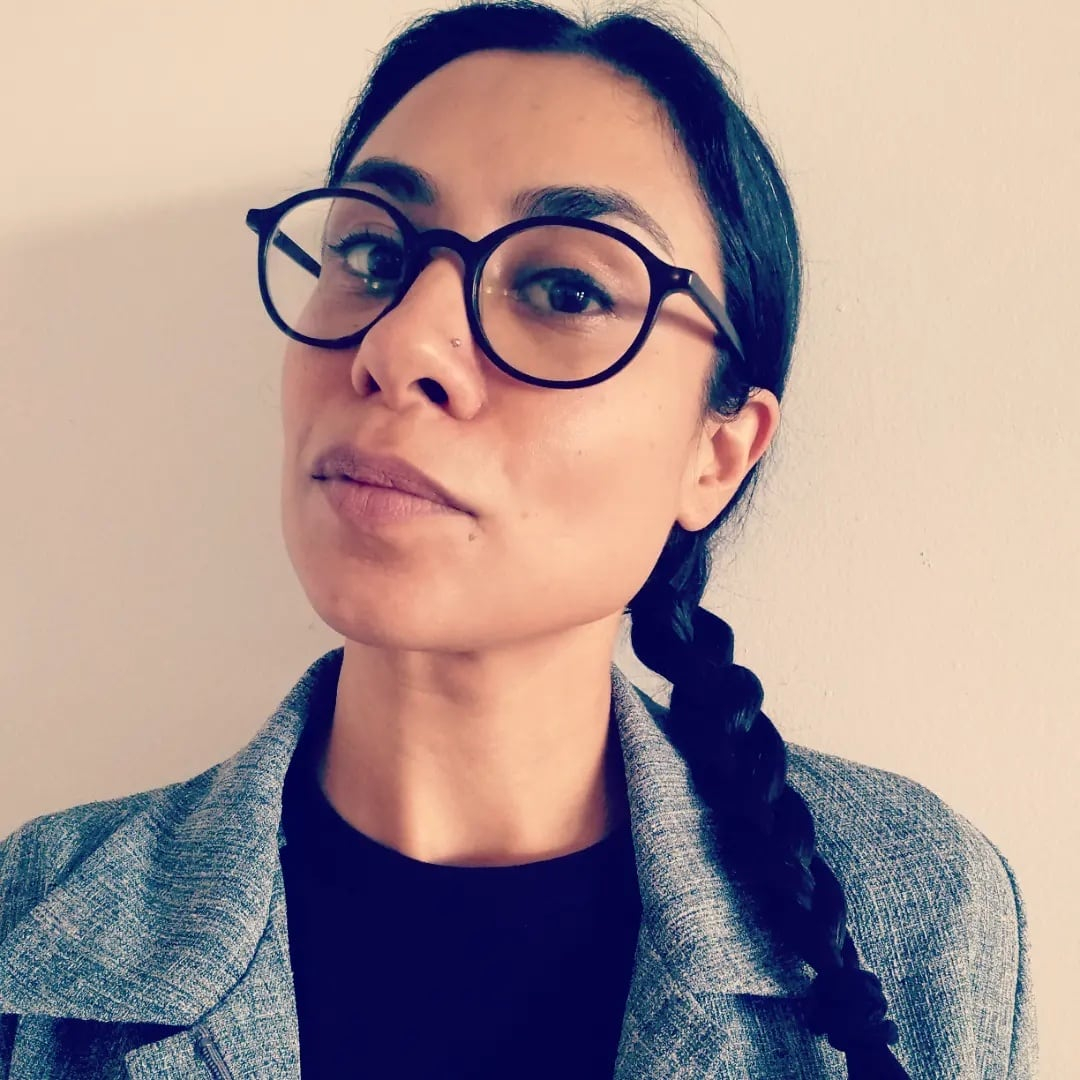
Preeti Kaur Dhaliwal (she/her) is a critical race feminist, writer, former lawyer, educator and facilitator who grew up on the traditional, present and future territories of the Semiahmoo, Katzie, Kwikwetlem, Kwantlen, Qayqayt, Tsawwassen and Musqueam First Nations (also known as Surrey and North Delta, British Columbia). With over 15 years of facilitation and teaching experience, Preeti is committed to arts-based methodologies as a source of personal and collective empowerment, transformation and community-building. She has taught creative writing at Guelph-Humber College, led arts-based workshops across Canada and the US in various institutions (including universities, law faculties, women's spaces and youth centers), and firmly believes that stories change the world by altering our ways of seeing, feeling and being with one another.
In her creative life, Preeti examines themes of touch, race, grief, power, diasporic Punjabi life and sexuality. Her writing has been anthologized and has appeared in PRISM international, Looseleaf Magazine, The New Quarterly, The Fiddlehead, alt. theatre, Canadian Notes & Queries, and Held Magazine, amongst numerous other publications. She holds an MFA from the University of Guelph, won second place in the 3-Day International Novel Writing Contest and was recently long-listed for the Vera Manuel Poetry Prize. She is also a two-time writer in residence at Voices of Our Nation (VONA), a Banff alumna, a Deer Lake Residency alumna and a recipient of Canada Council for the Arts grants.
Before leaving her legal career, Preeti articled at a boutique litigation firm in Tkaronto and clerked at the Federal Court of Canada. In her academic career (BA, LLB, BCL, LLM, MFA), she used theatre, performance art and creative writing to examine how law lives in the body with a focus on race, and received over two dozen awards for community service and academic merit, most recently the DF Forster Medal. You can learn more about her on IG @jadooberry / @write.with.preeti. As a facilitator, Preeti strives to take a trauma-informed, somatic approach that centres each person's agency and the importance of community.



